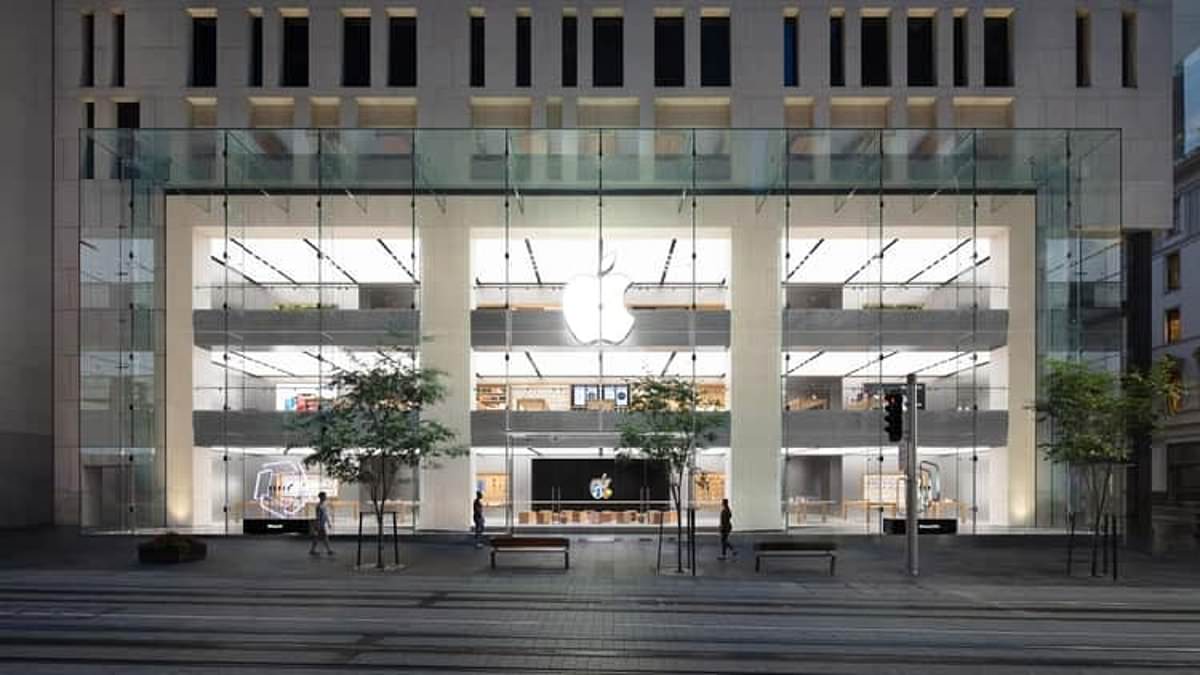At first, it seemed like a small problem, my iPhone’s side buttons stopped working.
Nothing catastrophic, until you realise those tiny buttons are your gateway to Apple Wallet, Apple Pay, and even basic functions like volume.
Suddenly, my expensive device felt more than half-useless.
So, like millions before me, I booked a trip to the Apple Store and one of their ‘Genius’ staff members.
The diagnosis was brutal, with a repair cost of around $700, about half the cost of a new phone, and about the same amount I paid for the phone three years ago, just for buttons. And almost an hour wasted in the Apple Store.
I held out for two weeks, learning to live with the glitch, but eventually got sick of it. So I went back, ready to bite the bullet and replace the entire phone. I walked out with a shiny new device, and the staff kindly transferred my data across.
Once the data was copied, my old phone’s buttons suddenly sprang back to life and started working perfectly.
It made me wonder if my iPhone was ever truly broken, or just pretending until I bought a new one.
By then, the money was gone, the trade-in deal sealed, and another hour stolen by Apple.
All I wanted was freedom, so I walked out, new phone in hand, the employee just as stunned as me that the old one was suddenly working again.
The phone in your pocket is disposable by design. Apple’s business model depends on a cycle, new phone, upgrade, replacement, repeat. It is a cycle where we do the pedalling and they do the peddling.
The cheapest iPhones start at $1,200, more than a week’s wages for many ns.
And yet you are told you are ‘lucky’ if your phone still works after only three or four years. One Apple employee even told me exactly that.
Lucky? Shouldn’t it be the minimum expectation?
Apple loves to preach its values, boasting that it is ‘committed to protecting the planet’.
The company highlights its use of recycled and renewable materials, clean electricity, and lower-carbon shipping.
But behind the marketing gloss, the reality is far less noble. For all the talk of sustainability, Apple continues to push millions of customers into an endless cycle of upgrades – one overpriced handset at a time.
Each phone contains rare earth metals and cobalt, much of it mined in conditions so harsh human rights groups call them modern-day slavery.
In the Democratic Republic of Congo, children as young as seven dig through toxic mud to mine cobalt for batteries, often earning just a few dollars a day.
In China, the factories that assemble these phones have been accused of driving workers into 12-hour shifts, crowded dormitories, and even suicide. Rivers in China run black with industrial waste.
All this so that every three or four years, we can throw another $1,200 device onto the e-scrapheap.
Apple calls it progress. In reality, it is overpriced landfill, and dangerous landfill at that.
Each phone is packed with lead, cadmium, mercury and lithium, all of which leach into soil and groundwater unless expensively treated.
The device that was sold to you as ‘the future’ becomes another ecological hazard once you are told it is out of date.
My grandparents’ generation fixed things. If a radio broke, they tinkered with it. A toaster stopped working, they pulled it apart until it came back to life.
Repair wasn’t just practical, it was normal. But for us millennials, that knowledge was lost. Instead, we’ve been trained by corporations to upgrade, to throw away, to see repair as pointless, unfashionable, even a waste of time.
Get the new iPhone. With the marginally better camera. Slightly longer battery life. The one that is more connected, more relevant, more complete. Until it breaks, all-too-soon.
And then there is the Apple Store itself. While I was waiting for the last rites on my phone. I asked the employee if he was even allowed to have a bottle of water on the shop floor. ‘No,’ he said. Not even a sip of water on the floor.
What kind of hellscape is this, where the people tasked with fixing our thousand-dollar gadgets are not trusted to drink a glass of water in public view?
Apple’s seminal slogan that helped resurrected the company in 1997 into the behemoth it is today after the second-coming of founder Steve Jobs was ‘think different’.
If ever there was a reason to ‘think different’ it is Apple’s chain of sterile, water-free temples of consumerism, where short-lived iPhones pile up under a shroud of environmental and woke hypocrisy.
And remember – this isn’t just Apple’s problem. Every big tech company, and consumers like me, are guilty of it.
So how do we fix it?
Apple responded to our request for comment, stating that the applicable service procedure in this case was a whole-unit replacement based on the device presented and the testing conducted.
The company directed us to an online resource outlining Apple’s approach to repairability and longevity. Click here to view.
Apple said it holds itself and its suppliers to the highest standards of labour and human rights, health and safety in the workplace, environmental practices, and the responsible sourcing of materials. Click here to view.
